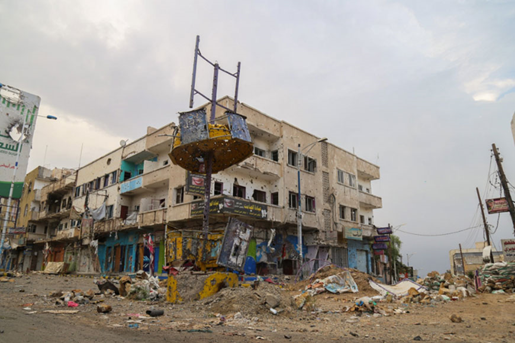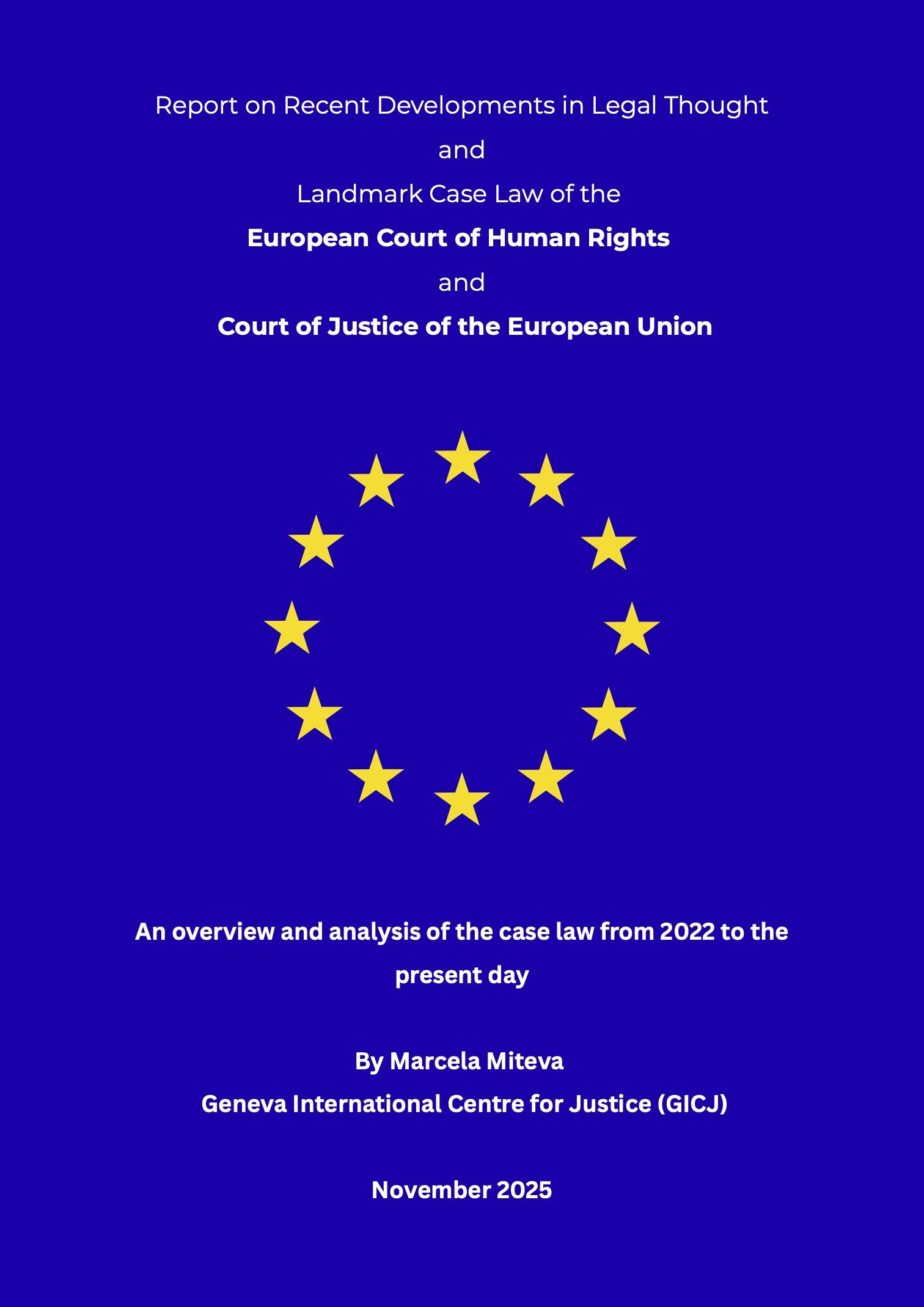
(Photo: WFP)
20 December 2017 marks the 1000th day of the Yemeni civil war. The conflict that started in 2014 has quickly escalated into an extremely dire humanitarian crisis.
Humanitarian Crises
The Yemeni population is living in catastrophic circumstances that continue to deteriorate. The attacks that have been carried out by both the Houthis and the Saudi-led coalition, have left Yemen in ruins without effective medical aid, sufficient food and clean water.
The country faces famine causing a high number of people, especially children, to suffer from malnutrition. According to UNOCHA, ‘7.5 million people are in need of nutrition assistance’, and an additional 8.4 million people are ‘a step away from famine’.1 Hospitals are overflowing with victims of violence and hunger, but are barely able to provide sufficient help.
Additionally, the population is facing a public health crisis in the form of a cholera epidemic that, according to the International Committee of the Red Cross (ICRC), affects 1 million people.2 The waterborne disease is extremely hard to eradicate in Yemen, due to the poor sanitation facilities and the lack of adequate health care, putting thousands at risk of death.
Children
As a vulnerable part of the population, children have been suffering heavily. Many fall victims to famine: currently, there are 400.000 children at death due to malnutrition. Sadly, even if they survive, most of these children will face the effects of malnutrition, like delayed cognitive development and stunted growth, for the rest of their lives.3
In addition to the famine and poor public health in the country, many children are at risk of arbitrary detention and indiscriminate killing. According to the report 2018 Humanitarian Need Overview by UNOCHA, there have been “606 cases of child recruitment and 1111 cases of killing and maiming/injuries” between October 2016 and September 2017.4
Robbed of a safe upbringing, thousands of children miss out on an education, drastically limiting their chances for the future.
Humanitarian Aid
Relief has been stopped from reaching the 11.3 million people in need due to the destroyed infrastructure and the blockades imposed by the Saudi-led coalition.5 In fact, as stated in a UN news published the 7 of November: ‘Yemen imports up to 90 per cent of its daily needs and seven million people are being kept alive by humanitarian aid’.6 In order to secure the wellbeing of the population, a total lift of these blockades is essential.
Recent Developments
In the last couple of weeks, since the assassination of the former President Ali Abdullah Saleh, the country’s situation has worsened. As stated by the spokesperson for the UN High Commissioner for Human rights in a press briefing on 19 December, between the 6 and the 16 December, 136 civilians have been killed in the Yemen’s capital, Sana’a.7
The US, ally to Saudi-Arabia, has stated on 21 December that the best way to end the crisis is through ‘aggressive diplomacy’. In a briefing the Deputy Assistant Secretary of State said the following: ‘We believe that there is room for the Houthis in apolitical settlement. We welcome that, but not when the Houthis continue to rocket and – rocket our – a key ally like Saudi Arabia on a regular basis, and also not – not when the Houthis are menacing the border of Saudi Arabia, which is something that goes on very consistently’.8
GICJ’s Position
GICJ is deeply concerned by the recent escalation of the conflict, and is saddened by the high number of civilian casualties. With the 1000th day of the Yemeni conflict, GICJ stresses that the Yemeni people need immediate and adequate aid in the multitude of humanitarian crises they are facing.
This is why GICJ calls on all parties to respect international humanitarian law and the international human rights. GICJ equally urges the international community to take all the necessary measures to protect the Yemeni population and to ensure the Yemeni people’s access to the strongly needed humanitarian aid.
[1] Statement by the Humanitarian Coordinator for Yemen, Jamie McGoldrick, Calling on Parties to facilitate unimpeded aid delivery, published 11 December 2017, https://reliefweb.int/sites/reliefweb.int/files/resources/HC%20Statement_IHL_11December2017_FINAL_ENG.pdf, UNOCHA (2017), 2018 Humanitarian Needs Overview, published the 4 December 2017, https://reliefweb.int/sites/reliefweb.int/files/resources/yemen_humanitarian_needs_overview_hno_2018_20171204_0.pdf
[2] ‘ Number of cholera cases in Yemen hits one million’, published on 21 December 2017, http://www.aljazeera.com/news/2017/12/number-cholera-cases-yemen-hits-million-171221094230526.html
[3] Yemen conflict: A devastating toll for children, updated 20 December 2017, https://www.unicef.org/infobycountry/yemen_85651.html.
[4] Ibid.
[5] UNOCHA (2017), 2018 Humanitarian Needs Overview, published the 4 December 2017, https://reliefweb.int/sites/reliefweb.int/files/resources/yemen_humanitarian_needs_overview_hno_2018_20171204_0.pdf
[6] http://www.un.org/apps/news/story.asp?NewsID=58044#.WjuUU8bh1E5
[7] http://ohchr.org/EN/NewsEvents/Pages/DisplayNews.aspx?NewsID=22551&LangID=E
[8] US: There is no military solution to end war in Yemen, published 22 December 2017, http://www.aljazeera.com/news/2017/12/military-solution-war-yemen-171222060356636.html.









